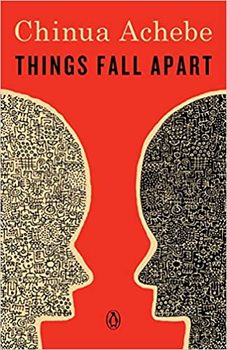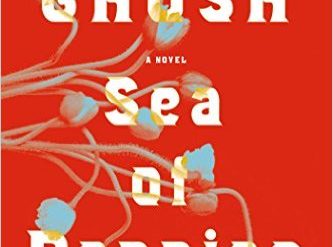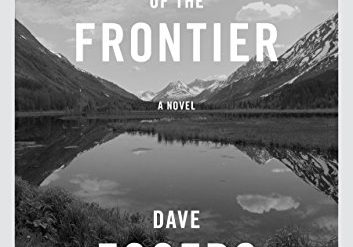
It’s difficult to understand the world’s colonial past without reading this classic African novel. In barely more than 200 pages, this moving tale dramatizes the disruption Europeans inflicted on the people of the Global South during the five-century era of colonization (the 16th through the 20th centuries). Chinua Achebe‘s (1930-2013) masterpiece, Things Fall Apart, is set sometime during the 19th century among the Igbo (Ibo) people in the southeast of what is today’s Nigeria. It’s a compelling story that initiates the celebrated author’s trilogy about the history of Africa.
The historical context of colonization
Far too many Westerners believe to this day that European colonizers fanned out across the globe following the Spanish “discovery” of the Americas in 1492—and quickly gained control over the rest of the world. But European colonization was a protracted process that didn’t fully come to fruition until late in the 19th century when the powers of Europe raced to carve out empires in Africa’s interior.
Things Fall Apart (Africa Trilogy #1) by Chinua Achebe (1958) 215 pages @@@@@ (5 out of 5)
In fact, by that point, nearly all the nations of Latin America had broken away from Spain and Portugal. And there were other independent states throughout today’s Global South, from Ethiopia to Nepal, Iran, and Siam (today’s Thailand) that never fell victim to colonization. The reality, harsh though some in the West may find it, is that the era of Western hegemony has lasted barely more than 200 years. With the rapid rise of Asia today, Western dominance will soon become a thing of the past.
Things Fall Apart is set during the height of that brief era following onset of the Industrial Revolution. Queen Victoria was on Britain’s throne, and her subjects grabbed enormous swaths of territory in West, South, and East Africa. Like Kenya in the east and the Gold Coast (now Ghana) toward the north, what is today Nigeria was a priority for colonization. Britain had abolished the slave trade in 1807 and slavery in 1833, but the impact there of the Christian missionaries, traders, and soldiers was nonetheless traumatic in the extreme. This remarkable novel explores that trauma.
The “greatest wrestler and warrior alive” is powerless to resist the missionaries
The protagonist of Things Fall Apart is Okonkwo, who is not a likable man. Having grown up the abused and neglected son of a ne’er-do-well and drunkard, he lived his life to prove his strength and his worth. He gained great wealth and three wives through relentless hard work and frugality. He “was well known throughout the nine villages and even beyond. His fame rested on solid personal achievements. . . Okonkwo was the greatest wrestler and warrior alive.” Yet his wives and children know him as a brutal man who has no sympathy for what he perceives as weakness. And when British missionaries arrive, Okonkwo finds that his adherence to the traditional ways and the strength for which he is so widely recognized fail to protect him against the forces of change.
Things fall apart for the people of one Igbo clan in this classic African novel
As Okonkwo’s closest friend notes, “We have heard stories about white men who made the powerful guns and the strong drinks and took slaves away across the seas, but no one thought the stories were true.” Now, the slavers are long gone, but missionaries and soldiers have come in their wake. And “the white man had not only brought a religion but also a government.” His friend laments, the white man “has put a knife on the things that held us together and we have fallen apart.” And so it is. In Okonkwo’s life, things fall apart, as they do for the Umuofia clan as a whole.
For further reading
You might also enjoy Half of a Yellow Sun, by Chimamanda Ngozi Adichie (Love, loss, and war in post-independence Africa), which is also set in southeastern Nigeria in Igbo land. Although published only recently, this book also promises to be regarded someday as a “classic African novel.”
Be sure also to check out:
- 20 top books about Africa, including both fiction and nonfiction
- 20 most enlightening historical novels (plus dozens of runners-up)
- Top 10 great popular novels reviewed on this site (plus dozens of runners-up).
And you can always find my most popular reviews, and the most recent ones, plus a guide to this whole site, on the Home Page.


























